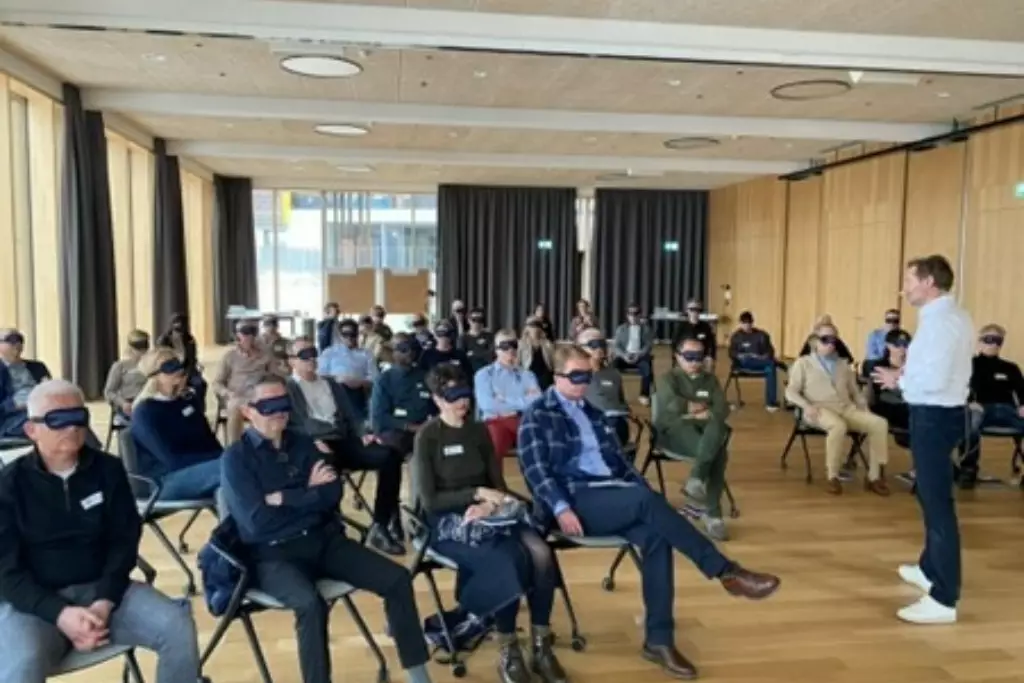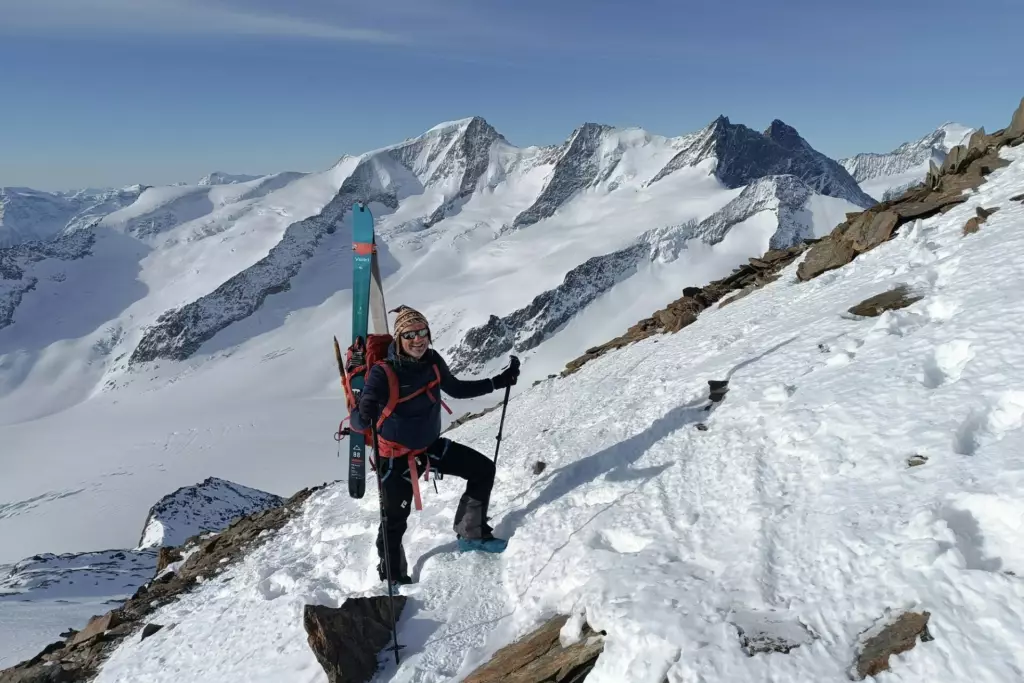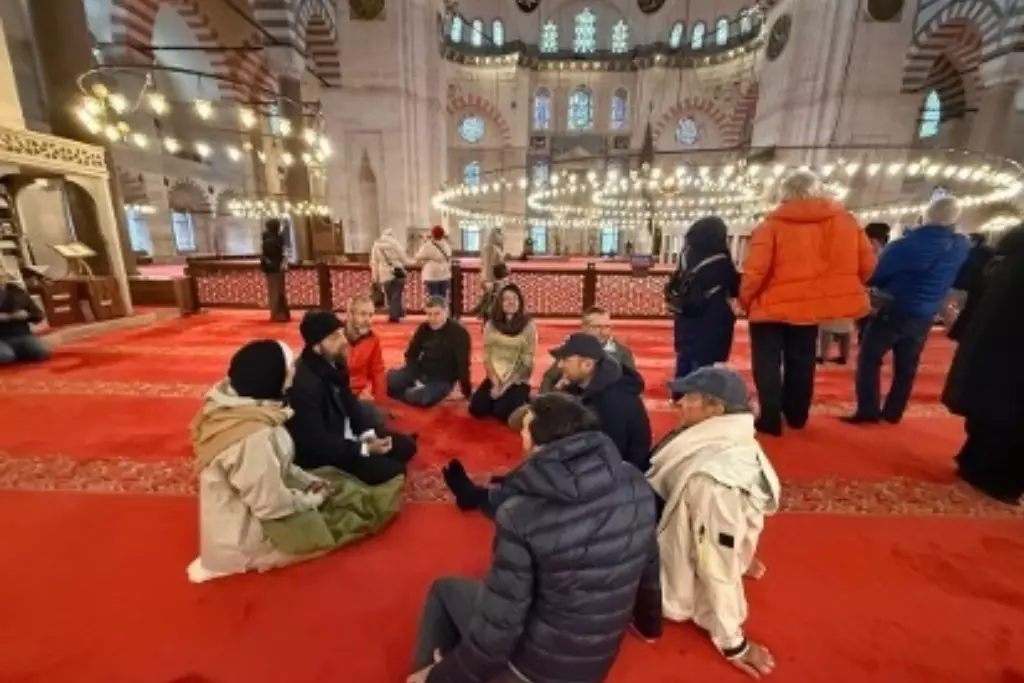Get in touch
Are you aware of your human nature

- Duration
- 15 min read
- Author
- By Ekki
Based on the recommendation of a dear friend I got immersed into a fascinating book over the Christmas break: "The good book of human nature", by Carel van Schaik and Kai Michel.
The authors make the intriguing case that the best selling book in human history, the bible, is nothing more and nothing less than the bible’s authors' (of which there were many, and the book was written over thousand years) response to the mismatch created between:
- Our human nature as it developed during hundreds of thousands of years as we were hunters and gathers
- The challenges faced through sedentary life and agriculture
Genetically and neurobiologically we are still operating as hunters and gathers. The couple of thousand years that we lived in villages or the couple of hundred years that we live in cities, are only very short periods of time of human evolution. We are wired as hunters and gatherers, but live in a modern world that we are not made for.
Hunters and gatherers lived in small communities with a strong sense of solidarity and compassion. They had a preference for coordinated collective action and a predisposition toward spontaneous sharing. They were longing for social security and developed a strong sense of belonging. They moved during the day (to hunt and gather) and they changed the home continuously. They had very limited belongings, in fact whatever they owned, they had to carry along which was quite a disincentive to clutter their lives. Hunters and gatherers were rather tall, slim, in great physical shape and they could easily become very old. They were mildly promiscuous with a set of sexual preferences. Our ancestors had a strong sense of fairness and preference for justice; they were concerned about their reputation which was built through their actions and their words. It’s not that the lives of hunters and gatherers was like paradise; they had to deal with adverse nature conditions, and at times got into fights with other tribes. And yet, over thousands and thousands of years they operated in a collaborative, compassionate, healthy, and sustainable way.
With the sedentary life and dedication to agriculture our ancestors' lives changed quite dramatically. The concept of defendable property came with a whole set of implications: one is a patriarchal society and the inheritance of the property based on primogeniture. Over time this led to monogamy as the patriarch expected certainty about fatherhood. In fact, the role of women changed substantially during human evolution; unfortunately not for the better. Another implication triggered by the introduction of property was the rise of social inequality. It produced winners and losers. Competition was not very present within the hunters and gatherers communities; but it became a very marking element of the sedentary society. There was competition between men, between sons, between women etc. Frequently the competition triggered violence. The sedentary life style also affected the health of our ancestors; living close to domesticated animals and the lack of proper sewage systems brought unknown diseases, epidemic plagues haunted the communities. The farmers didn’t grow that tall, died earlier and didn’t have the physical shape of the hunters and gatherers. In the Bible many of these changes are reflected in multiple ways:
- The forefathers had biblical ages; many of them were described as very tall
- The diseases and catastrophes were interpreted as God’s castigation for the people’s sins
- The commandments pointed to recurring conflicts, violence, betrayal; as well as towards a healthy life
In that sense, the Bible is acknowledging the challenges that our ancestors were experiencing and it is providing guidance on how to relate back to human nature in this changed environment.
Inspired by these insights I ask myself what can we do to live a life that is closer to our human nature, that suffers less of the mismatch that our modern, sedentary lives offer us. A practical way is to identify and then replicate life experiences when you feel in harmony with your human nature. Here are some of these experiences that were both simple and special for me:
Nature experiences
- Be fully present in nature, appreciating wind, temperature, flora and fauna
- Wander and wonder which has become an image how I would like to see myself
- Ski touring in winter wonderland
Sailing, i.e. leave solid ground behind
- Sailing with the wind in my face and in our sails
- Connecting with some dolphins that shared our way through the blue sea
Community
- Hosting a mountain wisdom group sharing the connection in solidarity and compassion
- Story telling in a mountain hut or around a bonfire
Be (just) yourself
- Little or no clothes
- Stay up in a mountain refuge, no ranks, no titles
Rituals
- Silent walking meditation in nature
- Make a bonfire and grill sausages on the stick with my two girls
- Deliver wishes and commitments to a bonfire
- Yoga in nature
I invite you to reflect on experiences when you felt close to your human nature. And here are some suggestions that you might want to bring to your life in order to foster and live your human nature:
- Build in nature into your lives; make sure that you have 1h per day, half a day per weekend, at least one full day per month, one week per year out there; and try to move as a hunter and gatherer in real nature, i.e. hiking, walking, fishing, bonfire etc
- Create spaces of silence and immersion in nature through silent walks, meditation; monasteries offer week long retreats
- Vision Quest, the shamanic experience to explore your gift to the world and your purpose; these are 10 to 15 days programs which include 5 days solo in nature; here is a link to a provider who is a reference in this field
- Plan your vacation in a nature context; change the hotel stars for real stars
- Declutter your life and your home; check out Marie Kondo
- Connect with your communities, families, friends, sports team
- You might also review your diet and reduce processed food
Wish you luck and courage to explore your human nature,
Cheers, Ekki
Latest Field Notes
More field notes that may interest you.

Your Leadership Space – Obstacle or Enabler?

How do you deal with loss of control?
